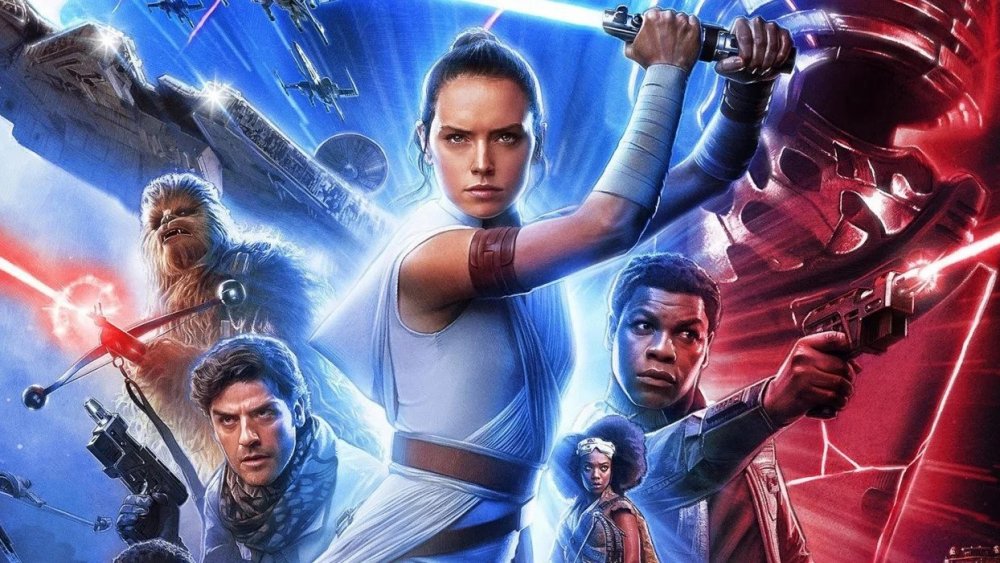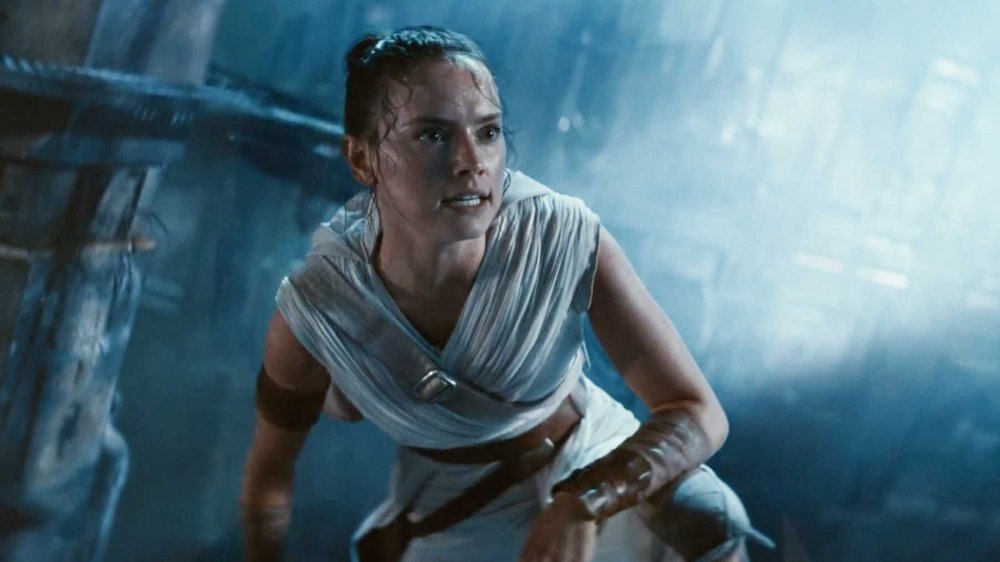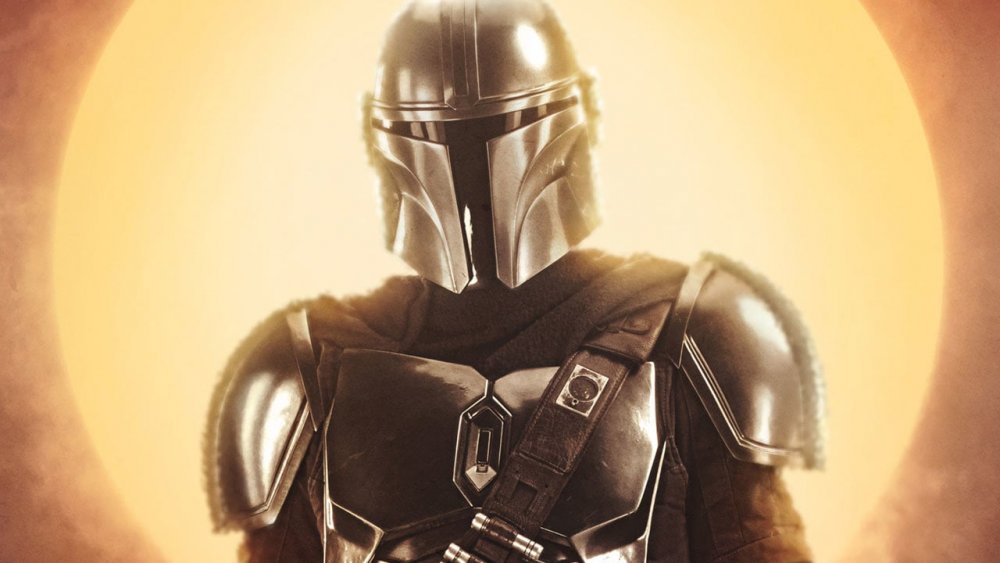The Rise Of Skywalker Just Made Sad Rotten Tomatoes History
Rise of Skywalker has fallen to the bottom of the Star Wars pack.
According to review aggregator Rotten Tomatoes, the ninth and final film in the Skywalker Saga has officially become the worst-reviewed live-action Star Wars film of all time, edging out Star Wars: The Phantom Menace to take over the bottom spot.
Rise now sits at 52% on the old Tomatometer, while Phantom Menace has a score of 53%. While the development isn't exactly surprising given the extremely mixed reaction from audiences and critics to Rise of Skywalker, it is rather shocking, considering that the highly-anticipated film closed out one the most beloved cinematic sagas of all time — not to mention the fact that the preceding two films in the sequel trilogy, 2015's The Force Awakens and 2017's The Last Jedi, are both among the top four most well-reviewed of all the Star Wars flicks, right alongside A New Hope and The Empire Strikes Back.
Since initially posting a score in the high 50's, Rise of Skywalker's score has slowly but surely sunk like a stone as reviews have continued to come in. The movie, which saw the unexpected (and unexplained) return of Emperor Palpatine, wrapped up the character arcs of Rey, Finn, and Poe Dameron, and served as a final cinematic farewell to the later Carrie Fisher, should have been a movie event for the ages; instead, it largely failed to satisfy, due in large part to the seeming insistence of the filmmakers (or, if certain online conspiracy theories are to be believed, Disney) on correcting course from The Last Jedi and shoehorning in egregious amounts of fan service.
Rise can take solace in the fact that its lowly rating pales in comparison to the 2008 animated film The Clone Wars, with its miserable RT score of 18%.
What went wrong with The Rise of Skywalker?
When it comes to the question of what went wrong with Rise, the only simple answer is, "It wasn't just one thing." While many fans weren't enthralled with some of the bolder narrative choices made by writer/director Rian Johnson in The Last Jedi, Rise's seeming preoccupation with undoing many of those choices largely wasn't seen as a great move, either.
Then, there's the return of Palpatine as the Big Bad, with virtually no explanation given as to a) how he survived a tumble down a mile-long shaft on an exploding space station in Return of the Jedi or b) where the hell he's been all this time. The about-face of Kylo Ren/Ben Solo back to the side of light was widely considered to have been poorly and confusingly handled, and the near-exclusion of Kelly Marie Tran's Rose Tico — a major character in The Last Jedi — simply left a lot of fans peeved.
It's also been pointed out, most succinctly by the Washington Post's Gene Park, that the movie's narrative resembles nothing so much as the plot of a video game, with its over-reliance on "fetch quests" which ultimately proved to be of little to no actual importance. Truly, in contrast to the unified (if also divisive) vision of Star Wars creator George Lucas with his much-reviled prequel trilogy, it took a committee — which included Lucasfilm president Kathleen Kennedy, director and co-writer J.J. Abrams, co-writer Chris Terrio, and formerly attached director Colin Trevorrow, who retained a story credit on the film — to craft a conclusion to an epic nine-film series as flat and uninspired as Rise of Skywalker.
How can Star Wars get back on track?
Fortunately, though, the future of Star Wars looks pretty bright, because Lucasfilm and Disney have more than one blueprint to follow in order to get the franchise back on track. First and foremost: the Disney+ series The Mandalorian, which has totally won over fans and critics alike. In contrast to Rise of Skywalker, the series has actually earned favorable comparisons to well-crafted, well-plotted video game stories, and its exploration of some of the seedier portions of the galaxy far, far away — and its introduction of inspired new characters such as the suddenly-ubiquitous Baby Yoda — have reminded fans how compelling Star Wars can be when storytellers like Mandalorian creator Jon Favreau are given free rein to put their own stamp on the property.
Second: the Marvel Cinematic Universe. Marvel Studios is, of course, also owned by Disney, and its decade-plus long existence has been one long case study in how to craft stories based on beloved properties, build and sustain interest while indulging the muses of an entire phalanx of unrelated creatives, and wrap up extended narratives with event films that feel like events. It's no coincidence that Marvel head honcho Kevin Feige has been tapped to produce at least one Star Wars film in the future, or that Taika Waititi — who directed the final episode of The Mandalorian's first season, and helmed Thor: Ragnarok and the upcoming Thor: Love and Thunder for Marvel — is rumored to have been approached to direct one.
Hopefully, the Mouse House will learn the right lessons from Rise of Skywalker's lukewarm (no pun intended) reception from fans and critics — and looking to its most successful subsidiary for inspiration certainly doesn't seem like it could hurt.


